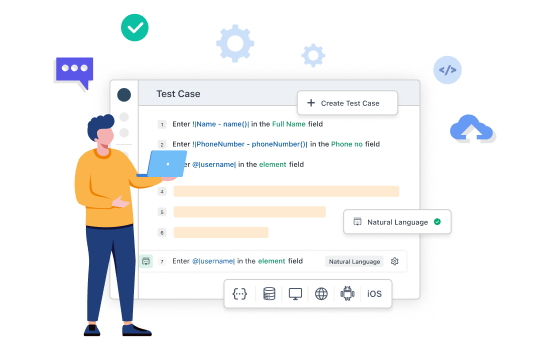The Essential A-Levels Revision Checklist: Your Guide to Exam Success

As A-Level exams approach, the pressure to revise effectively increases. With multiple subjects to cover, it’s easy to feel overwhelmed. However, a strategic approach to revision can significantly ease this process. Here's an essential A-Level revision checklist designed to guide you through this critical period.

1. Organize Your Study Space
- Ensure your study area is clean, quiet, and free of distractions.
- Have all necessary materials at hand: textbooks, notes, stationery, and water.

2. Plan Your Revision
- Create a revision timetable that covers all subjects and topics. Allocate more time to subjects or topics you find challenging.
- Break down your study sessions into manageable chunks. Use techniques like Pomodoro (25 minutes of study followed by a 5-minute break) to maintain focus.

3. Understand the Exam Format
- Familiarize yourself with the exam format for each subject. Knowing what to expect can significantly boost your confidence.
- Practice with past papers to understand the question types and marking schemes.

4. Review and Condense Notes
- Go through your notes and highlight key information. Create summary notes or mind maps to visualize important concepts.
- Use color codes or sticky notes to categorize different themes or topics.

5. Utilize Revision Guides and Resources
- Supplement your notes with revision guides, textbooks, and online resources. Platforms like TeachX offer comprehensive subject materials that can be invaluable.
- Watch tutorial videos or participate in online forums for subjects you find challenging.

6. Practice with Past Papers
- Attempt past papers under timed conditions to simulate the exam environment. This helps improve time management and reduces exam-day anxiety.
- Review your answers against marking schemes to understand where you can improve.

7. Seek Feedback
- Discuss tricky topics with friends, teachers, or tutors. Explaining concepts to others can also reinforce your own understanding.
- Consider online tutoring for personalized support, especially in subjects where you need extra help.

8. Take Care of Yourself
- Maintain a balanced diet, stay hydrated, and get enough sleep. Physical well-being significantly impacts cognitive function and memory.
- Schedule regular breaks and leisure activities to avoid burnout. Physical exercise can also boost concentration and mental health.

9. Stay Positive and Flexible
- Keep a positive mindset. Confidence can significantly influence performance.
- Be prepared to adjust your revision plan based on progress. Flexibility allows you to focus on areas that need more attention.

10. Review and Reflect
- Regularly review your progress and adjust your study plan accordingly.
- After each study session, take a few minutes to reflect on what you’ve learned and what you could improve.

Conclusion
Effective revision is not just about hard work; it’s about working smart. By following this checklist, you’re not only preparing yourself for your A-Levels but also developing habits that will benefit you in higher education and beyond. Remember, it’s the quality of revision that counts, not just the quantity. Good luck!




